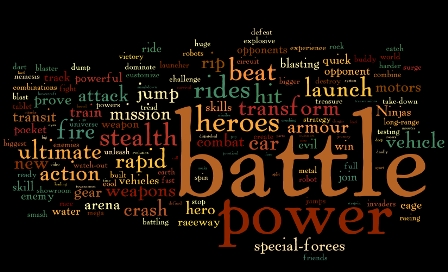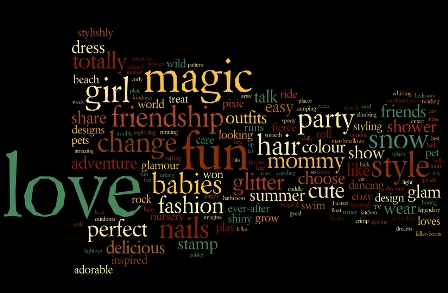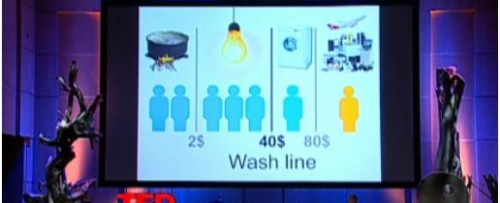Cross-posted at Ms.
Growing up in America, we learn that sweets and junk food are “guilty pleasures.” Women, especially, are supposed to refrain from such indulgences. And, if they cannot — if they, for example, desire more than that modest slice of cake served to each birthday guest — then they should feel not only guilt, but shame. For overindulging is grotesque and it, accordingly, should be hidden and kept secret.
This is the cultural background to Lee Price‘s realist paintings of women (mostly her) eating sweets and junk food. She draws two contrasts. First, she makes very public something we are supposed to do only in private. Not only do the paintings literally display the transgression, the birds eye view and frequent nudity exaggerates the sheer display of the indulgence. And, second, she takes something that is supposedly disgusting and shameful and presents it in a medium associated with (high) art, challenging the association of indulgence with poor character and a lack of refinement. Fascinating.
Visit Lee Price’s website.
Via BoingBoing.
Lisa Wade, PhD is an Associate Professor at Tulane University. She is the author of American Hookup, a book about college sexual culture; a textbook about gender; and a forthcoming introductory text: Terrible Magnificent Sociology. You can follow her on Twitter and Instagram.






